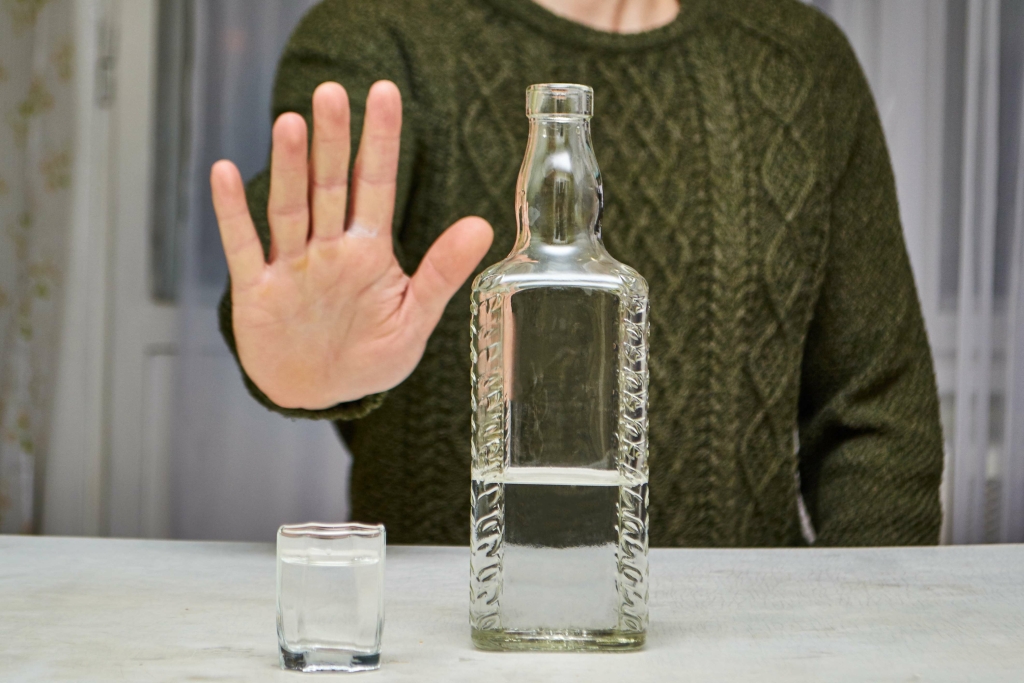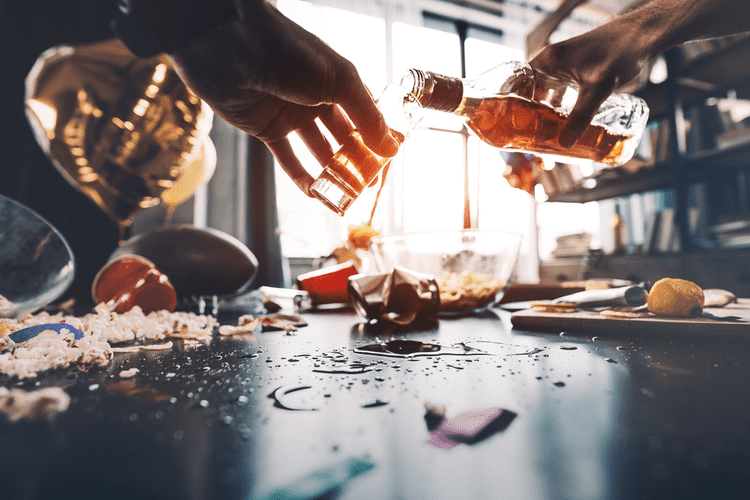Hangover Shakes: Why You’re Shaking After Drinking
Another potential underlying condition is an allergy or sensitivity to certain ingredients in soda. For instance, some individuals may have a reaction to artificial sweeteners commonly found in diet sodas. These reactions can manifest as shakiness, nausea, or other unpleasant symptoms.

Health Conditions and Symptoms

Here, we’ll explain what caffeine tremors are, why they occur, the different approaches for caffeine tremor treatment, and how coffee jitters impact your overall health. Read on for a complete overview of caffeine tremors, or click the links below to navigate to the section that best answers your query. The first question is how can you get rid of the shakes after drinking if GABA and Glutamate cause it? The shaking should stop completely once your body corrects the levels naturally. If you have this problem after only a few days of drinking, stopping drinking should be enough. Waking up with a hangover is bad enough, but why do you experience hangover shakes after drinking?
- If you are experiencing shaking or jitteriness after consuming soda, it is advisable to consult a healthcare professional to get your blood sugar levels tested and to discuss any concerns.
- While some people may experience mild shakiness, others may find it more pronounced or debilitating.
- Heavy drinking can lead to poor dietary choices and hinder the body’s ability to absorb essential nutrients, resulting in weakness, shakiness, and fatigue.
Role of GABA and Glutamate
It’s normal https://1ea.com/unique-recovery-clothing-brand-sobriety-gifts-2/ to shake after drinking coffee because coffee is a stimulant. Caffeine affects the central nervous system and can cause hand tremors in some people. To avoid hand tremors, it’s best to drink water and limit your caffeine intake. Long-term recovery from alcohol dependence extends far beyond merely managing immediate symptoms such as alcohol shakes. While addressing these acute issues is essential, a comprehensive approach to recovery involves integrating ongoing support and therapy into one’s daily life. In addition to managing symptoms, therapy, and counseling become integral components in supporting individuals throughout their journey to sobriety.
Underlying medical conditions
Fortunately, coffee-induced trembling isn’t a sign of any underlying medical issues; it is simply your body’s response to excessive caffeine intake. To avoid the jitters, try limiting your intake to no more than 300mg of caffeine per day — about 2-3 cups of coffee — and drink it slowly over time. Additionally, if you’re feeling particularly anxious or stressed, you may want to opt for decaffeinated coffee to avoid the stimulant effect.
If a person has difficulty eating enough, they may benefit from eating small, frequent meals rather than three larger meals per day. When snacking, try choosing a nutritious food, such as fruit, instead of chips or candy. According to the Centers for Disease Control and Prevention (CDC), people with this condition often cannot perform their everyday activities.
Alcohol Shakes vs Delirium Tremens
For example, if the symptoms stem from dehydration, drinking more water should resolve the problem. Likewise, some chronic conditions that cause these symptoms might improve when a person engages in healthy lifestyle habits. Genetics plays a significant role in how your body processes caffeine. Some people metabolize caffeine quickly due to specific genetic variants, while others do so slowly.
Are hangover shakes dangerous?
- Weakness and shakiness are common signs of withdrawal and may be accompanied by anxiety and tremors.
- Additionally, those who are physically stressed or are running low on energy are more likely to experience tremors and shaking after coffee consumption.
- Likewise, some chronic conditions that cause these symptoms might improve when a person engages in healthy lifestyle habits.
- There is no way to speed up metabolism or shorten hangover recovery time.
In this article, we’ll delve into the reasons behind why you might feel shaky after drinking coffee, and what you can do to minimize these effects. Caffeine is found in many beverages, including coffee, tea, and energy drinks, and it is also commonly added to soda. While caffeine can provide a temporary energy boost, excessive consumption can lead to negative side effects. These side effects can include shaking, which is often referred why do i feel shaky after drinking to as caffeine jitters or caffeine tremors.

Additionally, the withdrawal period can be managed with over-the-counter medications, increasing fiber intake, and regular rest and hydration. Shaking, whatever the cause, is unpleasant, and you will want to know how to get rid of shakes after drinking. Drink in moderation, stay hydrated, and ensure you have eaten a Substance abuse balanced meal before consuming alcohol. Alcohol disrupts the natural sleep cycle, leading to insufficient or poor-quality sleep.